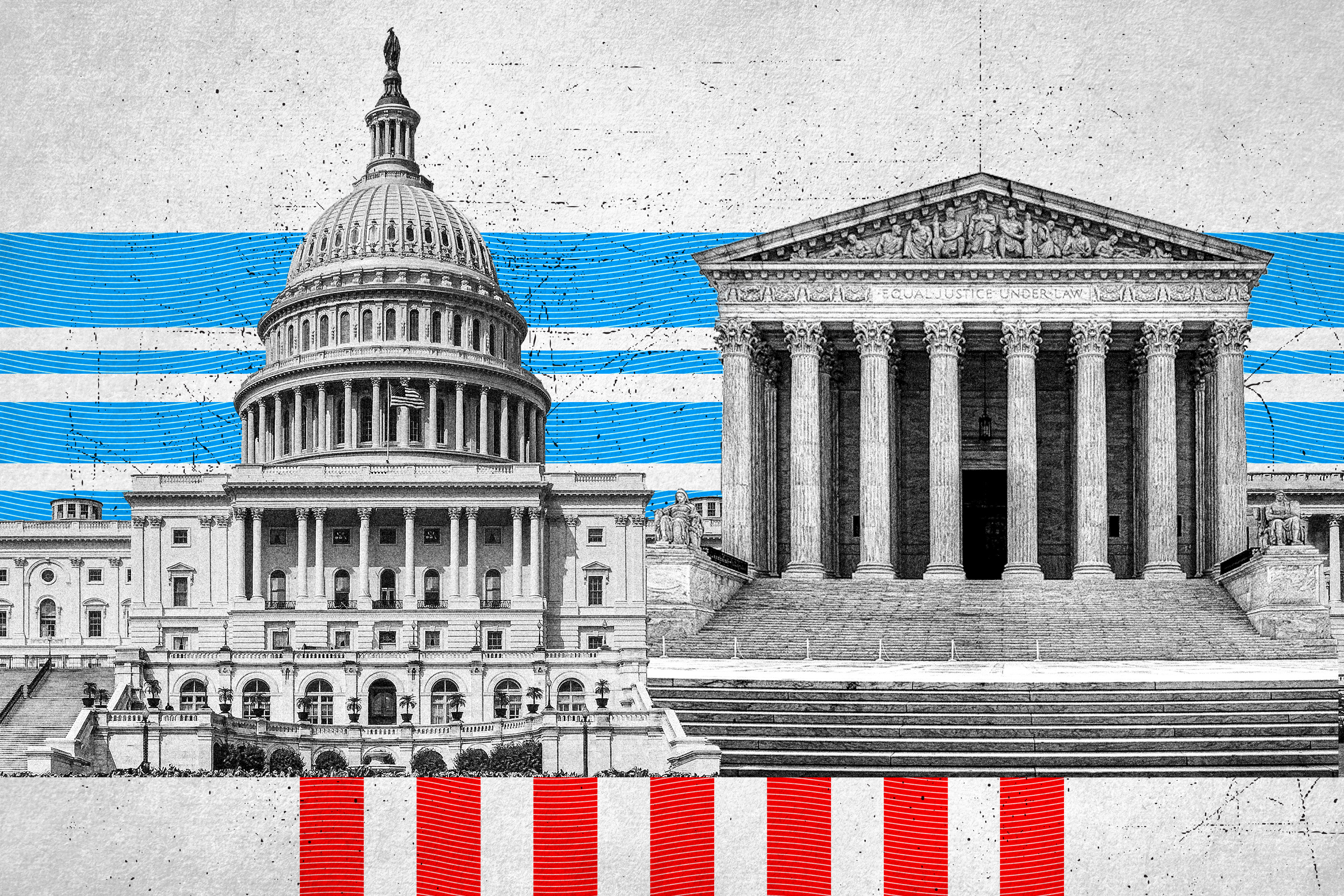Democrats’ push to impose a code of conduct on the U.S. Supreme Court is driven by their desire to exert power over a court that hasn’t been ruling their way on key issues, legal experts say.
Democrats and their left-wing activist allies have been incensed over the past two years as the court sent abortion matters back to the states, axed affirmative action in college admissions, bolstered gun rights and public prayer, backed a website designer’s right not to promote a same-sex wedding, and strengthened private property rights while weakening the government’s regulatory powers over the environment.










